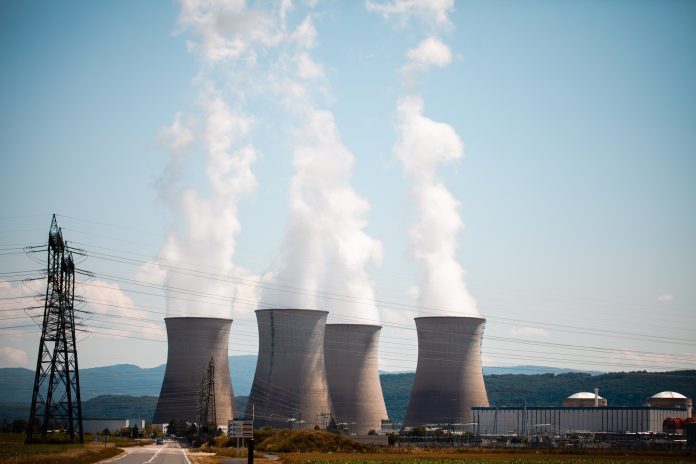In a significant boost to its energy sector, France has ramped up its electricity exports in 2024, increasing cross-border deliveries by an impressive 48%. This surge, which saw exports jump from 70 terawatt-hours (TWh) in 2023 to 103 TWh, not only underscores France’s growing influence in European energy markets but also presents several opportunities for small business owners across the continent.
By capitalizing on its robust electricity generation—primarily derived from nuclear energy—France is reducing its reliance on electricity imports, with gross imports falling by 50% in just one year. The shift has implications for businesses, notably in areas such as energy pricing, sustainability initiatives, and supply chain stability.
Nuclear energy remains the backbone of France’s electricity production, contributing nearly 65% to the total generation in 2024. The output scaled up from 320 TWh in 2023 to 361 TWh in 2024, aided by the successful management of maintenance downtime and corrosion issues that had previously hampered production. "Nuclear generation increased as EDF addressed corrosion issues… and implemented a program designed to make maintenance outages at its reactors more efficient," said utility operator EDF. This level of reliability in energy generation is essential for small businesses that rely on consistent electricity supply for operations.
France’s clean energy strategy aligns with the broader European goal of carbon neutrality by 2050. Small business owners focused on sustainability can take advantage of potential financial incentives or partnerships that may arise from increased nuclear and renewable energy initiatives. As the French government integrates nuclear power with renewable energy sources, this synergy could offer opportunities for innovation in green technology.
Additionally, the rise in exports to neighboring countries like Belgium, Germany, Spain, Switzerland, the United Kingdom, and Italy suggests that French energy might soon become a competitive factor in regional pricing. Small businesses engaged in manufacturing or high-energy consumption sectors may benefit from lower energy prices due to increased competition in the market.
However, there are practical challenges that small business owners should consider. While the shift towards nuclear energy presents a cleaner and more efficient energy source, concerns over the safety and long-term sustainability of nuclear facilities persist. Business owners might want to assess their energy contracts and consult with energy consultants to navigate the changing landscape.
Moreover, the decrease in natural gas and fossil fuel generation—from 32 TWh to 20 TWh—might affect industries that have traditionally relied on fossil fuels. The evolving energy mix necessitates that small businesses prepare for potential shifts in operational costs and energy sourcing.
As small business owners explore these changes, it is essential to stay aware of the regulatory environment surrounding France’s energy policies. Understanding the implications of these policies, particularly regarding compliance and available grants or subsidies for renewable energy projects, will be crucial.
In a time marked by rapid energy transitions, France’s increase in electricity exports not only highlights its domestic advancements but also sets the stage for a redefined landscape in the European energy market. For small businesses, this could be an opportune moment to reassess energy strategies, explore sustainable options, and potentially lower operational costs.
With France’s commitment to carbon neutrality and a robust nuclear energy framework, small business owners should stay engaged with these developments as they could open doors for innovation, collaboration, and growth in the European marketplace.
For further details on France’s electricity generation and cross-border exports, you can view the original post here.
Image Via Envato: Lemnaouer



